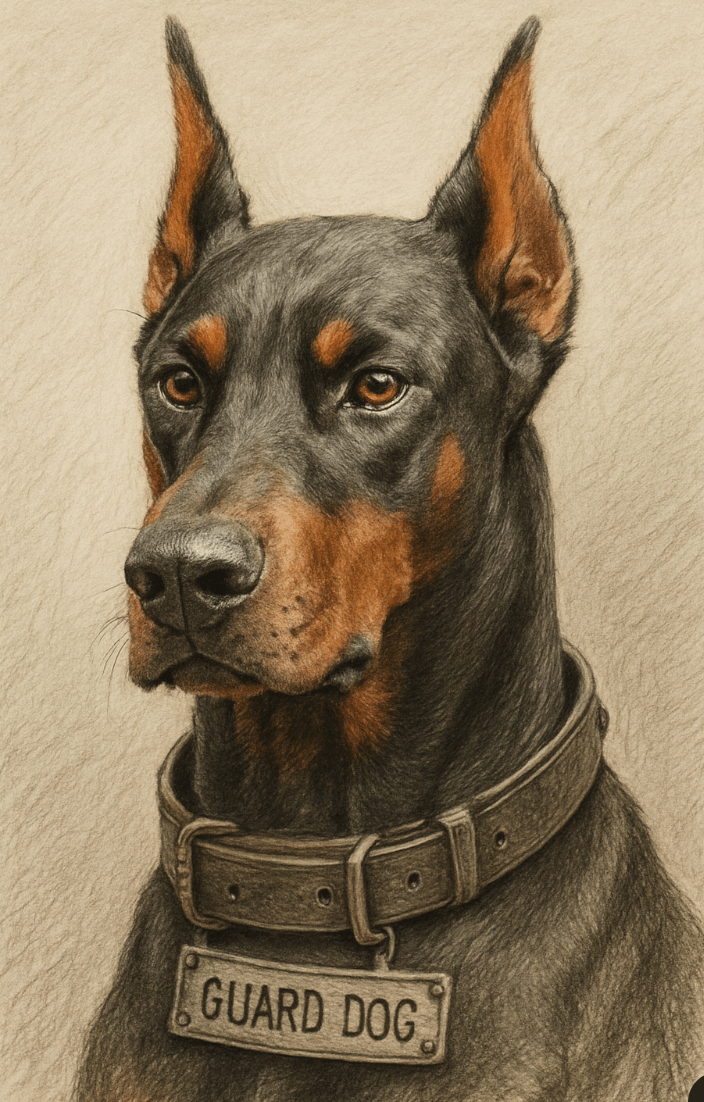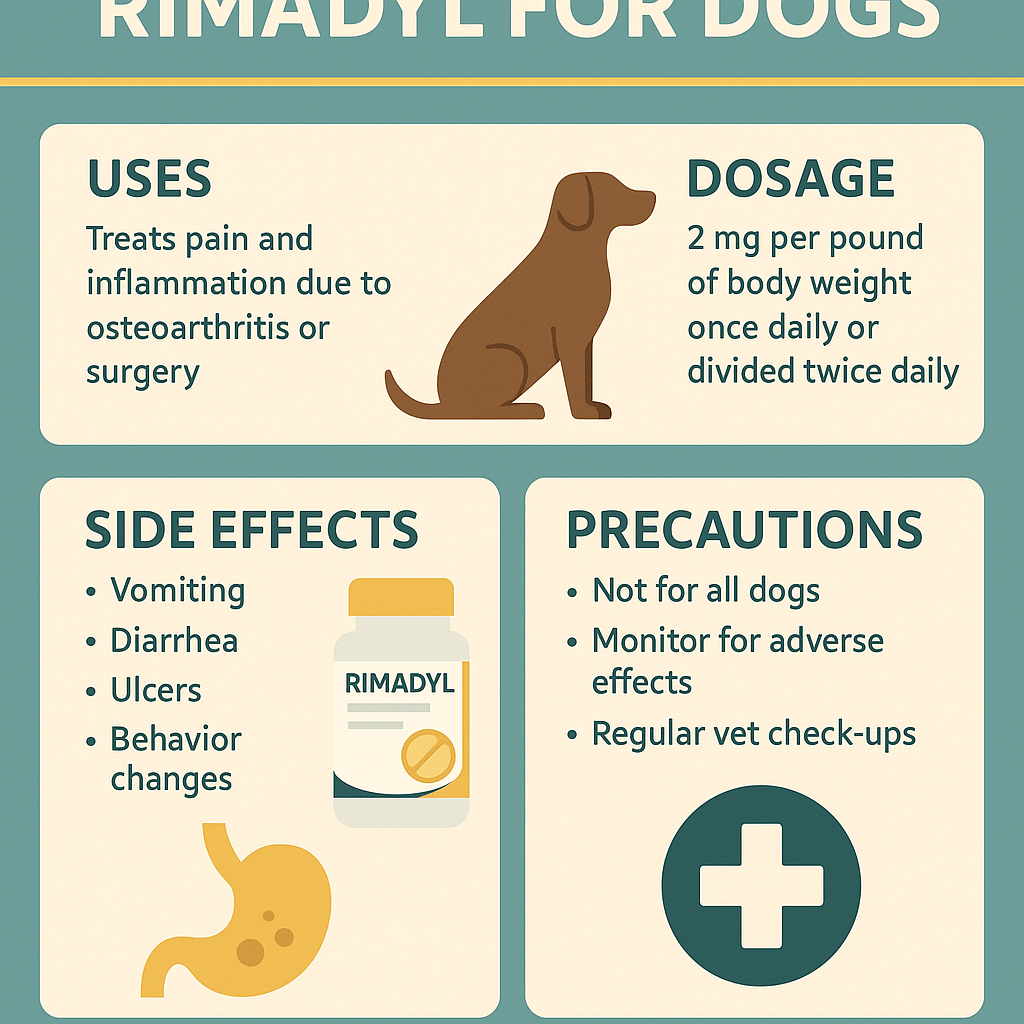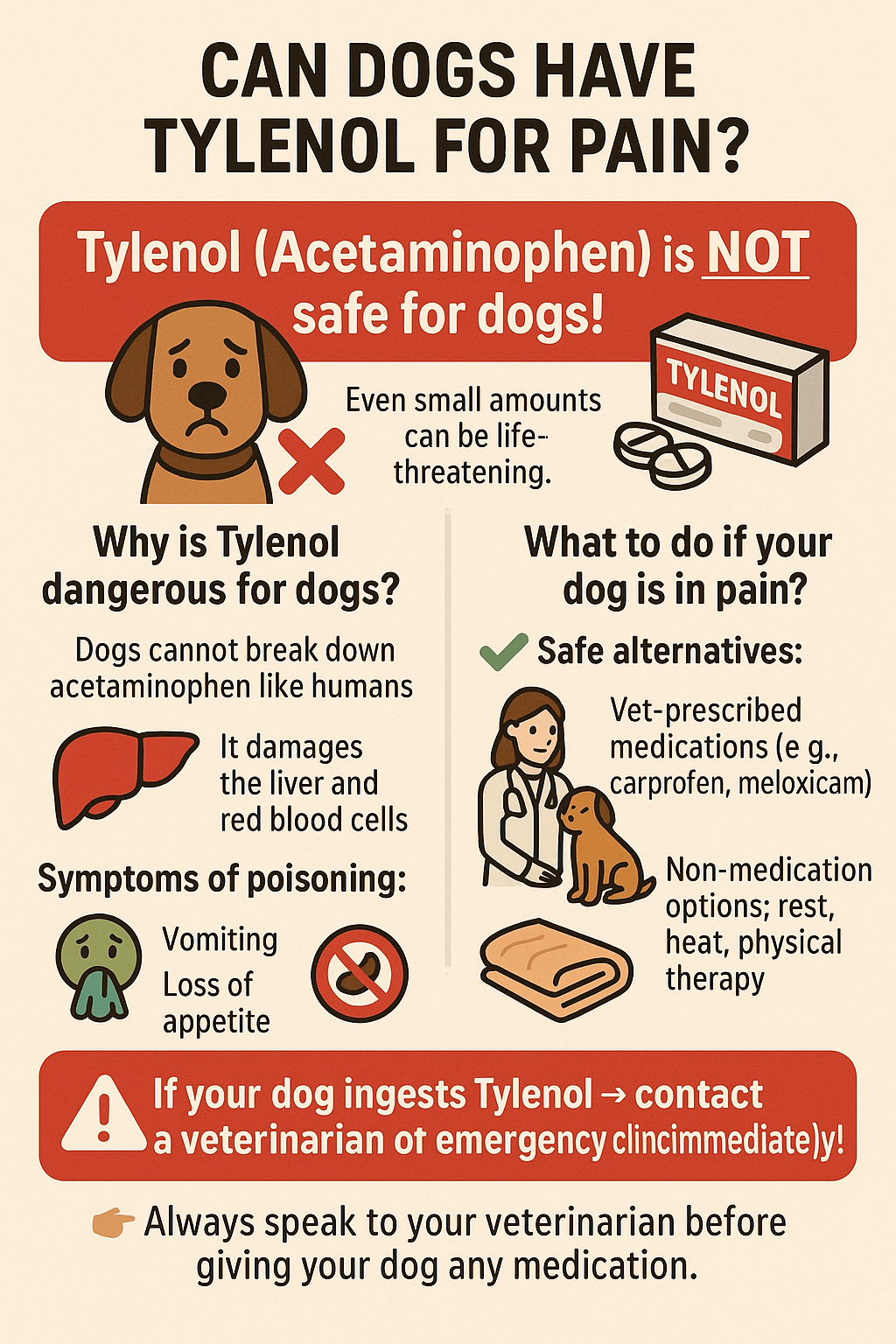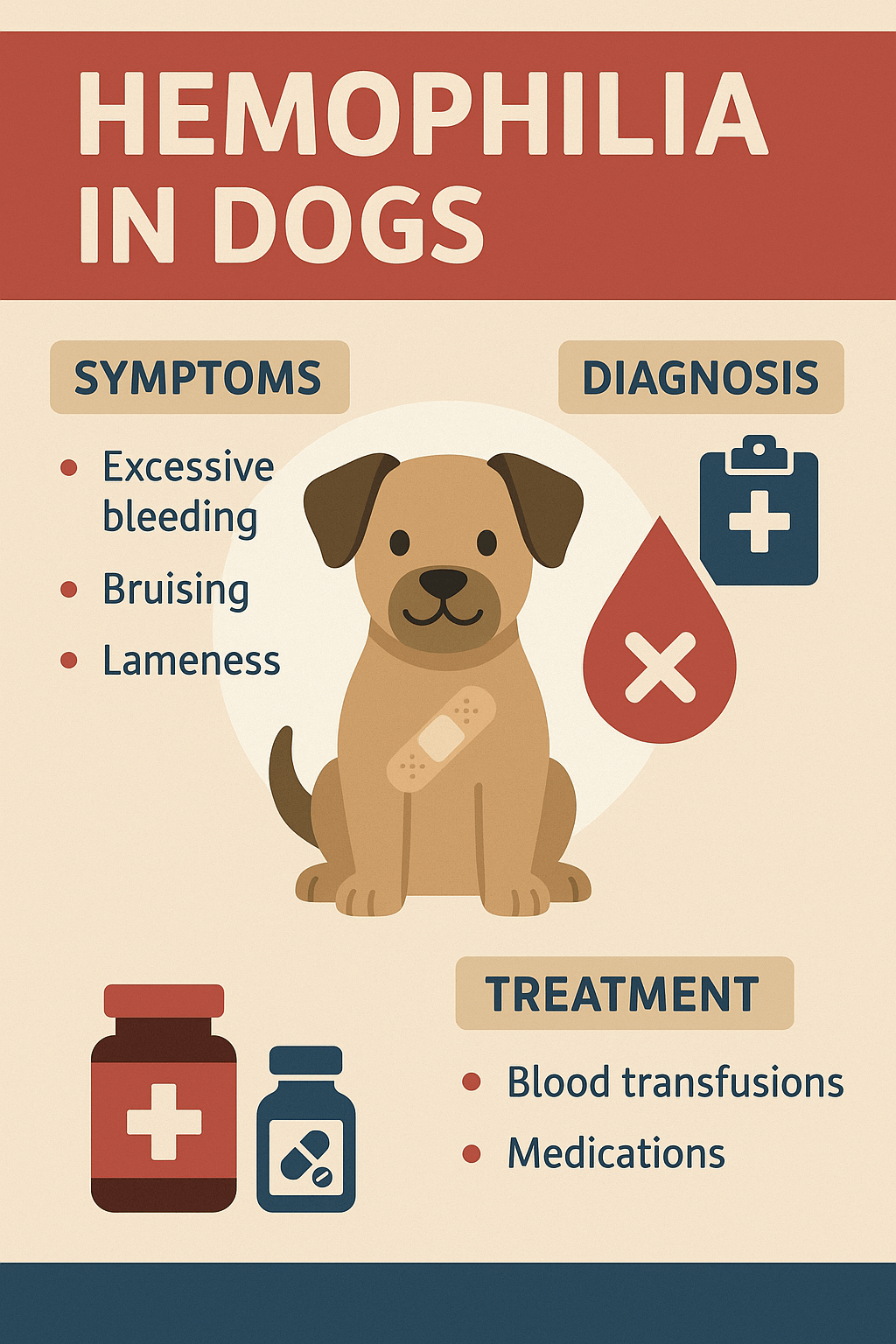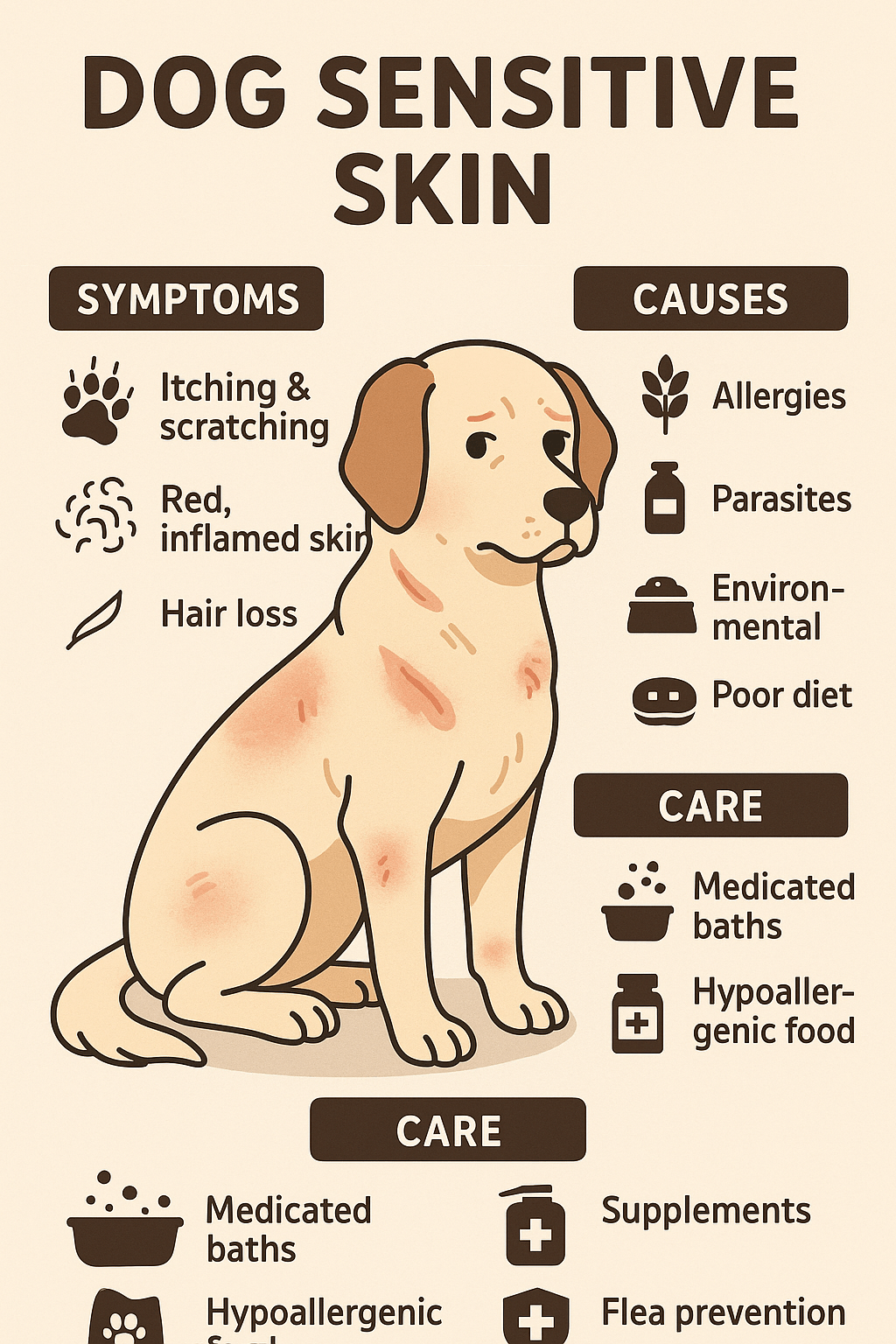Are Doberman Guard Dogs? Understanding Their Role and Abilities
The Doberman Pinscher is often celebrated as one of the most intelligent, loyal, and versatile dog breeds. Known for their sleek appearance and confident demeanor, Dobermans are frequently associated with roles in security and protection. But are Dobermans truly natural guard dogs? The answer lies in their history, temperament, and training potential. Originally bred by Karl Friedrich Louis Dobermann in Germany during the late 19th century, this breed was designed to be a loyal companion and protector.
Today, Dobermans continue to excel in guarding and protective roles, but their suitability depends on proper training, socialization, and understanding of their instincts. In this blog post, we’ll explore what makes Dobermans exceptional guard dogs and how they can fulfill this role effectively while remaining loving family pets.
Key Traits That Make Dobermans Excellent Guard Dogs
Dobermans possess several innate qualities that make them well-suited for guarding duties. These traits are deeply ingrained in their genetics and temperament, setting them apart from many other breeds.
High Intelligence:
Dobermans rank among the smartest dog breeds, allowing them to quickly learn commands and respond to threats with precision.Natural Protective Instincts:
They have an inherent desire to protect their family and territory, making them vigilant and alert to potential dangers.Fearlessness and Confidence:
Dobermans are bold and assertive, unafraid to confront intruders or challenging situations when necessary.Loyalty to Their Family:
Known for forming strong bonds with their owners, Dobermans prioritize the safety and well-being of their loved ones above all else.Athleticism and Agility:
Their physical prowess enables them to move swiftly and handle physically demanding tasks with ease.
These characteristics make Dobermans not only effective guard dogs but also reliable companions in various scenarios.
Training a Doberman to Be a Guard Dog
While Dobermans have natural guarding instincts, proper training is essential to refine their skills and ensure they perform their duties responsibly. Training should focus on obedience, control, and situational awareness.
Start with Basic Obedience:
Teach fundamental commands like “sit,” “stay,” and “come” to establish a foundation of discipline and trust.Introduce Guarding Commands:
Use specific cues such as “watch” or “alert” to train your Doberman to recognize and respond to potential threats.Socialize Early and Often:
Expose your Doberman to different people, animals, and environments to prevent fear-based aggression or overprotectiveness.Simulate Real-Life Scenarios:
Practice controlled exercises where your dog learns to differentiate between harmless visitors and genuine threats.Work with Professional Trainers:
Enlist the help of experienced trainers who specialize in guard dog training to maximize your Doberman’s potential.
With consistent effort and positive reinforcement, your Doberman can become a highly skilled and dependable guard dog.
Check this guide 👉Are Dobermans Aggressive? Best 7 Expert Tips!
Check this guide 👉Do Dobermans Shed? Best 7 Expert Tips!
Check this guide 👉Are Dobermans Hypoallergenic? Best 7 Expert Tips!
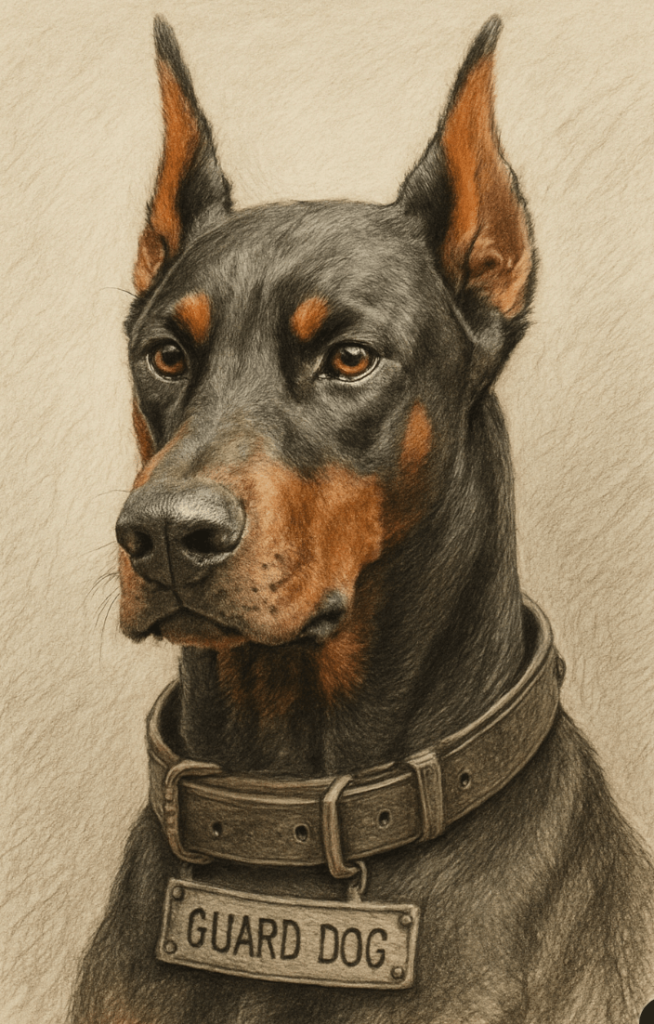
Pros of Owning a Doberman Guard Dog | Cons of Owning a Doberman Guard Dog |
|---|---|
Highly intelligent and trainable | Requires significant time and attention |
Naturally protective and loyal | Can display aggression without proper training |
Deters intruders with their imposing presence | Not ideal for first-time dog owners |
Versatile for both family and security roles | Prone to separation anxiety if left alone |
Long lifespan (10-12 years) with proper care | High energy levels demand regular exercise |
Signs Your Doberman Is Acting as a Guard Dog
If you’re wondering whether your Doberman is naturally stepping into a guarding role, look for these behavioral signs that indicate their protective instincts are at work.
Constant Vigilance:
Your Doberman may consistently scan their surroundings and remain alert to unusual sounds or movements.Positioning Near Family Members:
They often place themselves strategically close to their family, especially in unfamiliar or crowded settings.Growling or Barking at Strangers:
A Doberman may vocalize warnings to deter perceived threats, signaling their protective nature.Blocking Entry Points:
Some Dobermans instinctively stand near doors or gates to monitor access to their home.Heightened Awareness During Nighttime:
Many Dobermans exhibit increased alertness after dark, patrolling or checking windows and doors.
These behaviors demonstrate your Doberman’s innate ability to act as a guardian, though proper training ensures they do so responsibly.
Health Considerations for Doberman Guard Dogs
As active and dedicated working dogs, Dobermans require special attention to their health to ensure they remain capable of performing their guarding duties effectively.
Cardiovascular Health:
Dobermans are prone to dilated cardiomyopathy (DCM), a serious heart condition; regular vet check-ups are crucial.Joint Care:
Their athleticism makes them susceptible to hip dysplasia; maintaining a healthy weight reduces strain on joints.Dental Hygiene:
Regular brushing and dental cleanings prevent gum disease, which can affect overall health and performance.Nutrition and Diet:
A balanced diet rich in protein and nutrients supports their energy levels and muscle maintenance.Mental Stimulation:
Keeping their minds engaged through training and interactive toys prevents boredom-related stress or destructive behavior.
Prioritizing these health considerations ensures your Doberman stays strong, agile, and ready to protect.
Common Misconceptions About Doberman Guard Dogs
Several myths surround Dobermans and their role as guard dogs. Clarifying these misconceptions helps set realistic expectations for potential owners.
They Are Always Aggressive:
While protective, Dobermans are typically gentle and affectionate with their families when properly trained.They Don’t Need Socialization:
Without early exposure to diverse experiences, they may develop fear-based aggression or anxiety.All Dobermans Are Natural Guard Dogs:
While many have guarding instincts, individual personalities vary, and some may require more training than others.They Can’t Be Trusted Around Children:
With proper socialization, Dobermans are excellent with kids, known for their patience and loyalty.Guard Training Makes Them Unpredictable:
Responsible training emphasizes control and discernment, ensuring they remain safe and reliable companions.
Understanding these truths fosters a deeper appreciation for this remarkable breed.
Fun Activities to Strengthen Your Bond with Your Doberman
Engaging in activities with your Doberman not only enhances their guarding abilities but also strengthens your relationship. Here are some fun ideas to try together.
Obedience Competitions:
Participate in events like agility trials or rally obedience to showcase their skills and deepen your connection.Long Walks or Runs:
Daily physical activity keeps them fit and provides opportunities for bonding outdoors.Interactive Play Sessions:
Games like fetch, tug-of-war, or hide-and-seek stimulate their mind and body simultaneously.Scent Work Exercises:
Teach them to identify scents or locate hidden objects, tapping into their natural tracking instincts.Relaxation Time Together:
Spend quiet moments cuddling or grooming to reinforce trust and affection.
These activities ensure a happy and well-rounded life for your energetic companion.
Tips for Managing a Doberman’s Energy Levels
Dobermans are high-energy dogs, and managing their vitality is essential for their happiness and effectiveness as guard dogs. Follow these tips to keep them balanced and content.
Establish a Routine:
Consistent schedules for feeding, exercise, and rest help regulate their energy and behavior.Provide Mental Challenges:
Puzzle toys, obedience drills, and scent games engage their sharp minds and prevent boredom.Create Safe Spaces:
Designate areas where they can relax and recharge, free from distractions or stressors.Channel Energy Productively:
Redirect their enthusiasm toward constructive activities like training or outdoor adventures.Monitor Stress Levels:
Watch for signs of anxiety or overstimulation, adjusting their routine as needed to maintain calmness.
By managing their energy effectively, you’ll have a focused and well-behaved Doberman ready to take on any challenge.
Frequently Asked Questions About Doberman Guard Dogs
Are Dobermans aggressive by nature?
No, they are not inherently aggressive but can become so if poorly trained or mistreated. Proper socialization is key.
Can a Doberman be both a family pet and a guard dog?
Yes, with proper training and boundaries, Dobermans can balance their roles as loving companions and protectors.
How much exercise does a Doberman need daily?
They require at least 1-2 hours of vigorous exercise, including walks, runs, or playtime.
Do Dobermans bark excessively?
While they are not excessive barkers, they will vocalize to alert their owners of potential threats.
What age should I start training my Doberman?
Begin basic obedience training as early as 8 weeks old, gradually introducing advanced guarding skills as they mature.
Embracing Life with a Doberman Guard Dog
Dobermans are undeniably exceptional guard dogs, combining intelligence, loyalty, and athleticism to excel in protective roles. However, their success as guardians depends heavily on responsible ownership, thorough training, and ongoing care. When raised in a loving and structured environment, Dobermans can seamlessly transition between being devoted family members and vigilant protectors. If you’re prepared to invest the time and effort required to nurture their potential, a Doberman can become an irreplaceable part of your household—one that offers both security and companionship.
Rimadyl for Dogs: Best 7 Expert Tips! Discover expert advice on using Rimadyl safely, managing pain, and improving your dog’s mobility with trusted veterinary insights.
Can Dogs Have Tylenol for Pain? Best 7 Expert Tips! Discover the risks, safe alternatives, and expert advice on managing your dog’s pain effectively while avoiding harmful medications.
Understanding Hemophilia in Dogs: Best 7 Expert Tips! Discover expert advice on managing hemophilia, recognizing symptoms, and ensuring your dog’s well-being with practical care strategies.
Understanding Dog Sensitive Skin: Best 7 Expert Tips! Discover expert advice on managing dog sensitive skin, relieving irritation, and improving your pup’s comfort with practical solutions.

